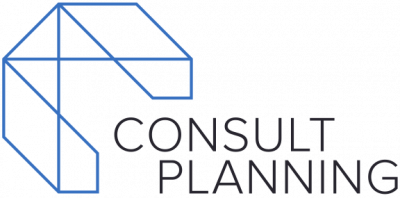In Queensland Development Applications (DAs) are primarily guided by the Planning Act 2016 (the Act), the Planning Regulation 2017 (the Reg) and the Development Assessment Rules (the Rules). The Act defines what development is, the types of development, and the various application options.
The local council then creates a planning scheme for the region that sets out the zones, assessment levels, and overarching policies.
The Act defines five development types being building work, plumbing/drainage work, operational work, reconfiguring a lot, and material change of use of premises.
In most cases, the development categories or assessment level will be dictated by the relevant planning scheme based on the proposed development type and where relevant, the land use definition. However, in some cases it is the Act or Regulation that dictate the level of assessment.
The Development Assessment Rules (DA Rules) sets out the statutory framework, sequence, timeframes and actions required for an assessable development that councils and applicants must abide by.
An Act, regulation or local or state planning instrument will categorise development under one of three categories:
- Prohibited development
- Assessable development
- Accepted development.
Prohibited development, as the name suggests, is simply not allowed so you can’t put in an application seeking approval for it. An example of prohibited development would be a shopping centre outside of the urban footprint nominated by the South East Queensland Regional Plan.
Assessable development requires the lodgement of a development application. There are two types of assessable development, code and impact, and we will explain these in a future blog article.
Accepted development is, as the name suggests acceptable, and you do not require development approval provided you comply with the relevant requirements. This kind of development is generally straightforward and compatible with the planning intentions for the area.
Contact us to discuss the approvals your project will likely require via office@consultplanning.com.au or call 1300 017 540.
Disclaimer: While every effort has been made to provide accurate information, Consult Planning does not guarantee that this blog article is free from errors or omissions or is suitable for your intended use.







